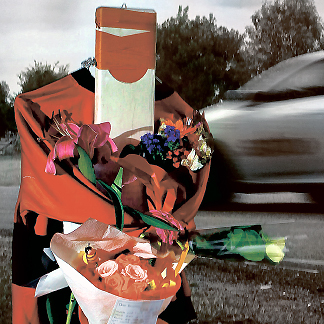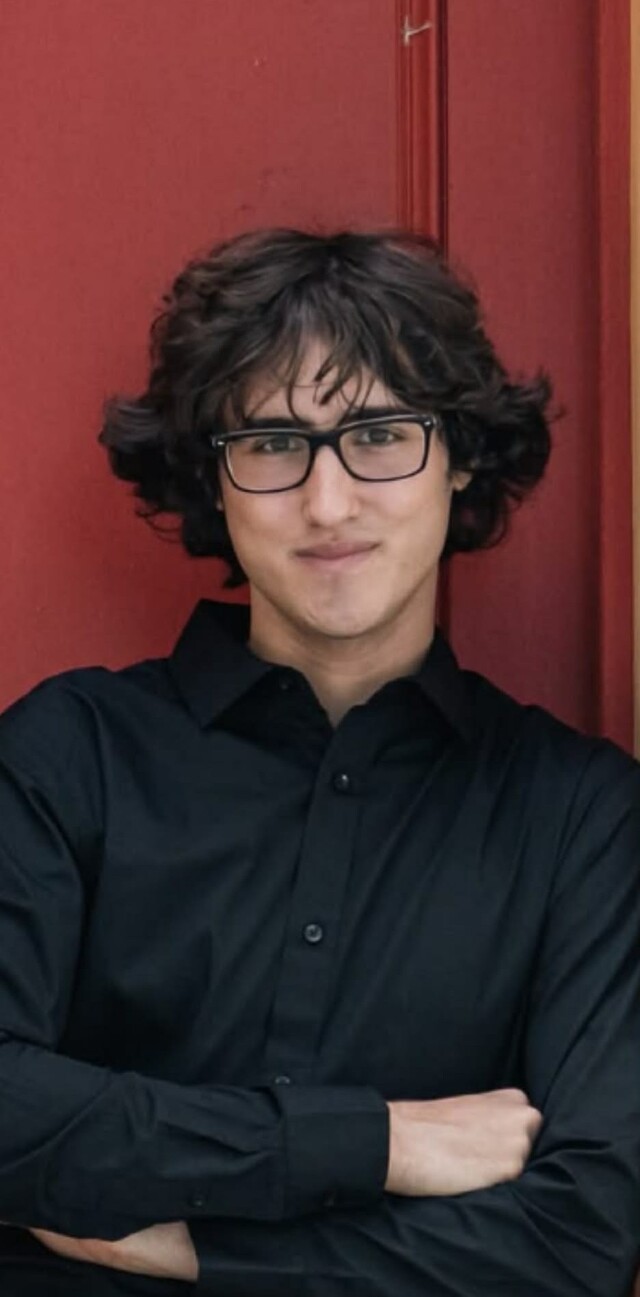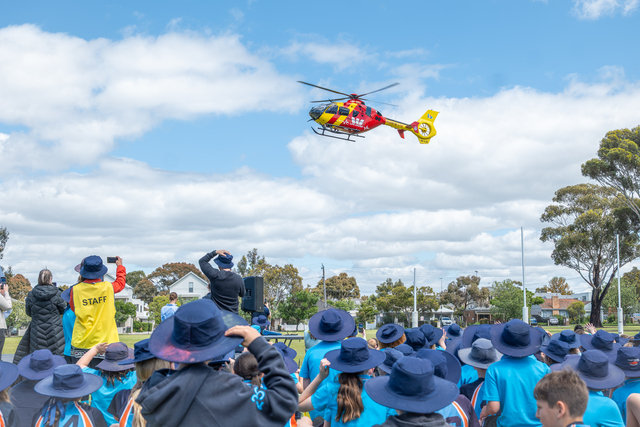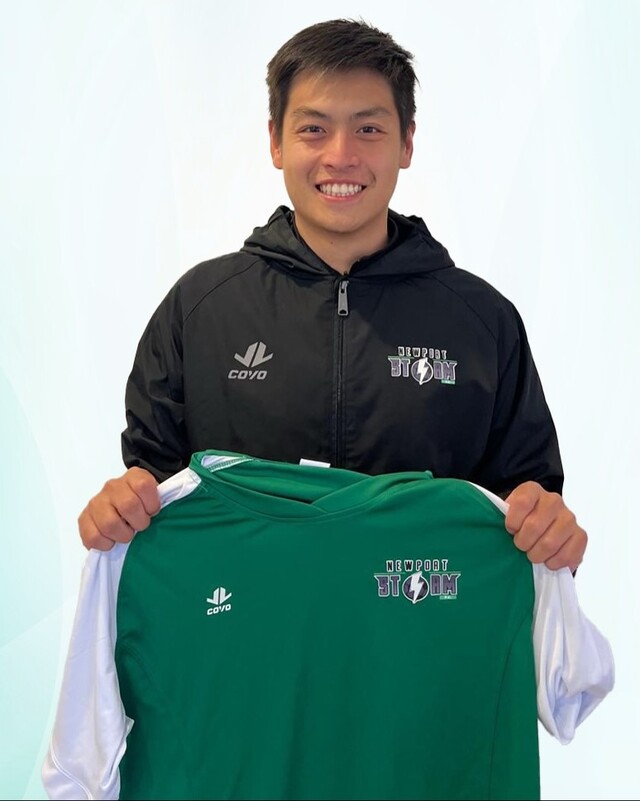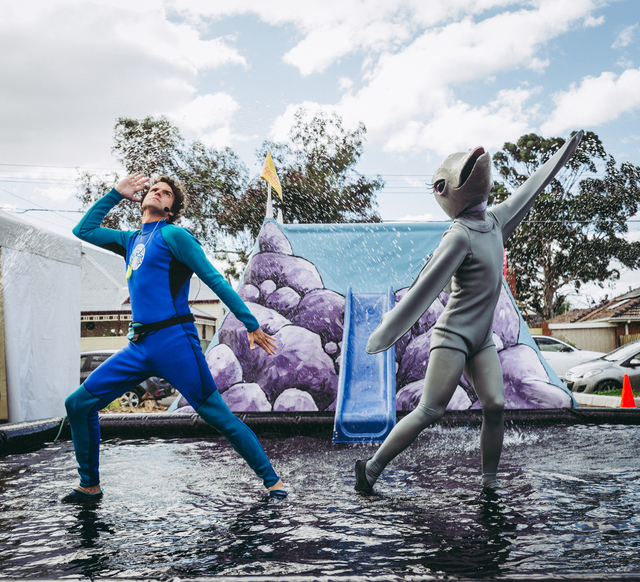Tara Murray sits in on a seminar where drink drivers, hoons and other law breakers are forced to confront the reality behind the road toll.
“I REMEMBER the tree … I remember screaming … but the thing I remember more was thinking, it will be OK, nothing will happen. But I was wrong. Everything happened.’’
It’s these memories that have haunted Sue Cox every day for 29 years, since a decision to go hoon driving turned horribly wrong.
‘‘I was in a car [with her then-boyfriend and friend Jane] and we were hoon driving. We had just been to a pub, so we were happy and carefree,’’ she remembers.
‘‘We were taking Jane home the long way [in Sydney] and went over a railway line. We were over one side and we were going so fast that we got airborne and the car flew for approximately 20-30 metres straight into a tree.’’
While her boyfriend and friend Jane walked away, Cox was clinically dead.
‘‘Emergency services gave me mouth-to-mouth and I was taken to hospital and was on life support for eight weeks.
‘‘I was in a coma for that long and when I woke up I couldn’t walk, I couldn’t talk and I had to learn to live again.’’
Cox is one of the thousands of Australians who are injured in car crashes each year.
Yet she’s lucky. Many die, including 287 in Victoria last year.
Cox knows the consequences, but many other people aren’t getting the message.
That’s why she shares her story as part of a series of Victorian road trauma awareness seminars.
Part of the reason for the seminars is so that those who take part understand their driving behaviour has a human consequence.
On this occasion, Cox is speaking to a group in Footscray. She also speaks in Melton, Bendigo, Ballarat, Sunshine and Werribee. No matter the location, the message from her and other volunteers is always the same.
Most people attend the seminars because they’re sentenced to in a magistrates court. The Footscray session has six participants, four guys and two girls.
Surprisingly, they’re not all young drivers. Three are in their 30s and over. In 2010/2011, 1260 attended the seminars. Of them, 70 per cent were 15-25. Staggeringly, 85 per cent were men.
Some look nervous as they walk into the seminar, hosted by Marina Popovic-Nunn, who has experienced the grief of losing a family member in a car crash.
Her cousin was decapitated after he fell asleep at the wheel.
‘‘I still remember the phone call as a kid, and the memories for me of the funeral, the casket and not being able to open it because of the state of his body.
‘‘When they opened the car up with the jaws of life, his brother pretty much had to climb cross his body to get out of the car.’’
Popovic-Nunn explains what will happen in the seminar and that everyone has to share their stories and why they are there.
‘‘You’re here to think about the choices you’ve made … the main thing to recognise is the choice you made brought you here.’’
Paul is different from everyone else there. He chose to come because his ‘‘lawyer thought it was a good idea’’. He has been caught drink-driving twice, blowing 0.199 and 0.142.
‘‘[The first time] I drove down to Windsor to have some beers with some friends and drove past a booze bus as I was turning in Chapel Street on the way there.
‘‘I was going to walk home as I didn’t live far away, but decided it would be good if I had my car at home.
‘‘I turned left straight into the booze bus that I’d seen three hours beforehand. I’d only driven 500 metres.
“Then I had to walk home anyway.
‘‘The second time I wasn’t planning on driving. My friend started to drive and I said, what are you doing, and she hopped out of the car and went elsewhere.
‘‘I thought I may as well take the car home and was then caught speeding [doing 124km/h in a 100km/h zone] and was over the limit.’’
Ben has lost his licence four times – for hooning, not wearing a seat belt, speeding and not having P-plates.
The crash meant losing his his new car as well as his licence.
‘‘I was playing with the radio or something and went onto the wrong side of the road and as I looked up I’ve seen the headlights of another guy and I’ve totalled the car.
‘‘I went to court and got charged with reckless driving.’’
Peter is one of the older participants and he knows the dangers of drink-driving better then anyone because he he ended up in a wheelchair after being hit by a drink driver.
Despite this, the decision to have a couple of drinks with his kids before going home cost him his licence.
‘‘I was taking a group of kids out and then stayed and had drinks with them. I had only 3-4 drinks and was caught on the way home.
‘‘On receiving the summons I wasn’t aware that they go back in your driving past.
“I received two fines for driving at .055 and.058 nine years ago, but the time lapse doesn’t matter.’’
When Peter regains his licence he’ll have an interlock system on his car for four years, which will cost him $165 a month.
For each participant it’s much more than just being about losing their licence. They speak in the seminar about humiliation, the financial costs, depression, feeling like they’re under house arrest, their lives going backwards and having to change jobs as they couldn’t drive.
‘‘The little things you take for granted, you can no longer do,’’ one said.
While these drivers have realised their mistakes, Popovic-Nunn said that wasn’t always the case.
‘‘I had a participant and he spoke about how unfortunate and unlucky he was to be here in this session. He had been hoon driving down Lygon Street, had lost control of the car, gone through a red light and hit a police car.
‘‘The participants laughed and said it was so unlucky that he hit a police car. I said to him, let’s think of that from a different point of view.
‘‘Let’s imagine replacing the police car with a family crossing the road and what the situation could’ve been then.
‘‘He stopped and said he was lucky to be there, as he could’ve been in jail.’’
Daryl Silvey is another volunteer who speaks at the seminars. He’s part of the Metropolitan Fire Brigade’s rescue unit, which goes to road accidents and extricates people from cars.
Based at Richmond, the St Albans resident deals with road trauma.
‘‘You get to see a lot of young people and it’s an ever-growing trend of people between 18-25. It’s not only the fatalities, but serious car accidents where they lose control.’’
Having been involved with heavy rescue for 15 years, Silvey uses the seminars as a way of coping and giving back.
‘‘It’s a case of seeing it and thinking that what we’re doing in the way of advertising isn’t taking hold and nobody, especially that age group [18-25], takes any notice of it.
‘‘It’s a little frustrating how it’s gone over the years, realising the ads are not hitting the mark.
‘‘I suppose the seminars are my way of getting out there and doing something.’’
Silvey says he doesn’t go into the seminars with a plan on what to say.
‘‘What I tend to do is listen to why they’re there and what happened. I usually find once people start talking about things I remember jobs I’ve been to too.
‘‘When I go out there I talk about the ripple effect. It’s the family, the emergency services who are there who are also affected.’’
Hobsons Bay highway patrol’s Sergeant Jason Van Doren said programs like the seminars do work.
‘‘I went to one hosted by another group in the middle of last year in Lara. Norm, who is on the TAC ads talking about his son’s death, was speaking.
‘‘I can categorically say there wasn’t a dry eye in the room. I reckon they are a very powerful thing.’’

